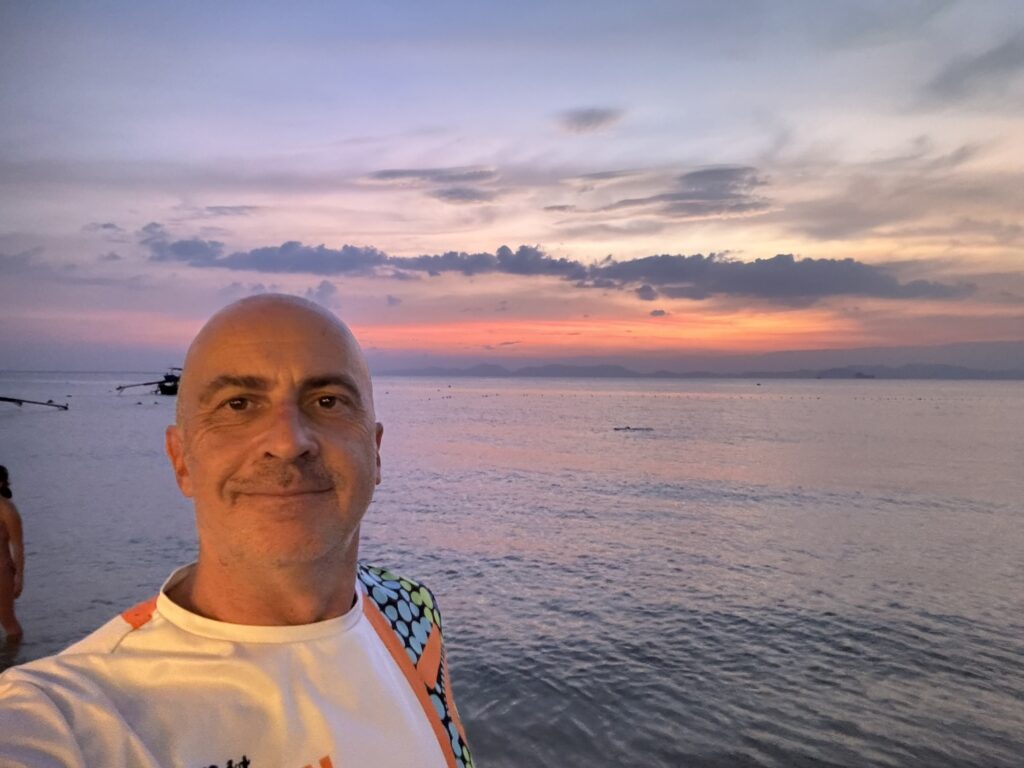
I was just by the beach in southern Thailand, gearing up for a beautiful sunset beachside wedding. After a nice Thai lunch and a good cup of Es Yen (local Thai iced coffee), I figured I’d have a swim in the hotel’s net-enclosed beachside swimming area, designed to keep out the “nasties.” I had finished my laps and was heading toward the shore when suddenly, I felt a sharp, sudden sting in my ankle, followed by intense pain and a strange, keyhole-shaped wound. My yelp of pain, shock, and surprise attracted the attention of nearby beachgoers, who watched me stumble out of the water and into the hotel lobby.
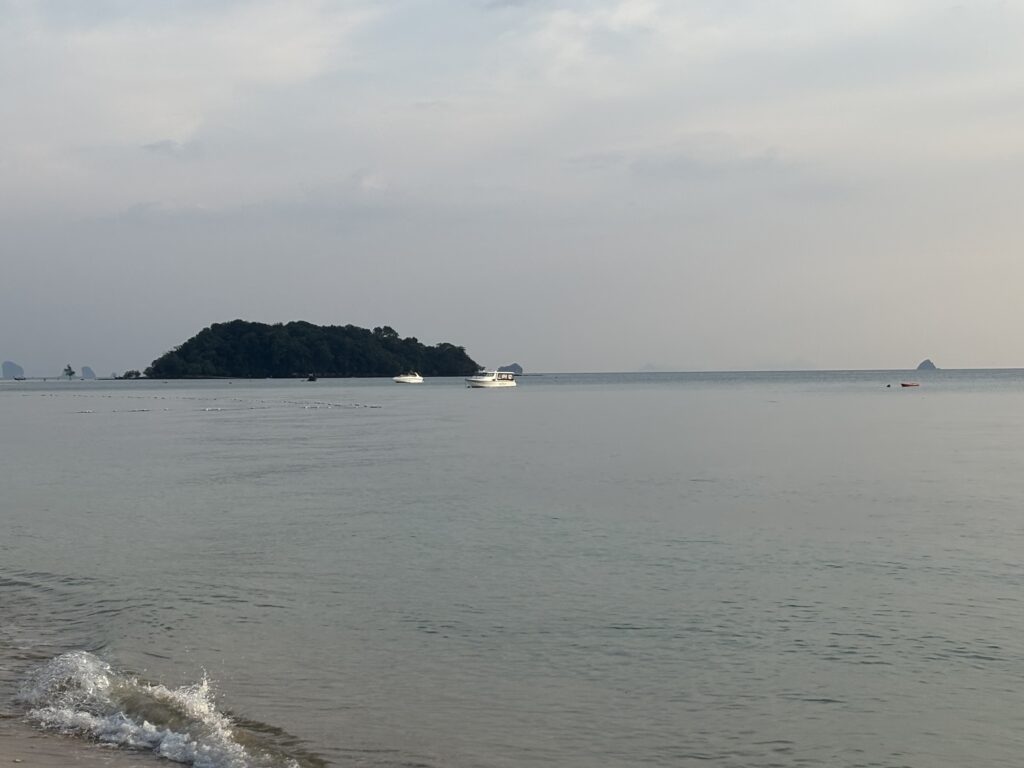
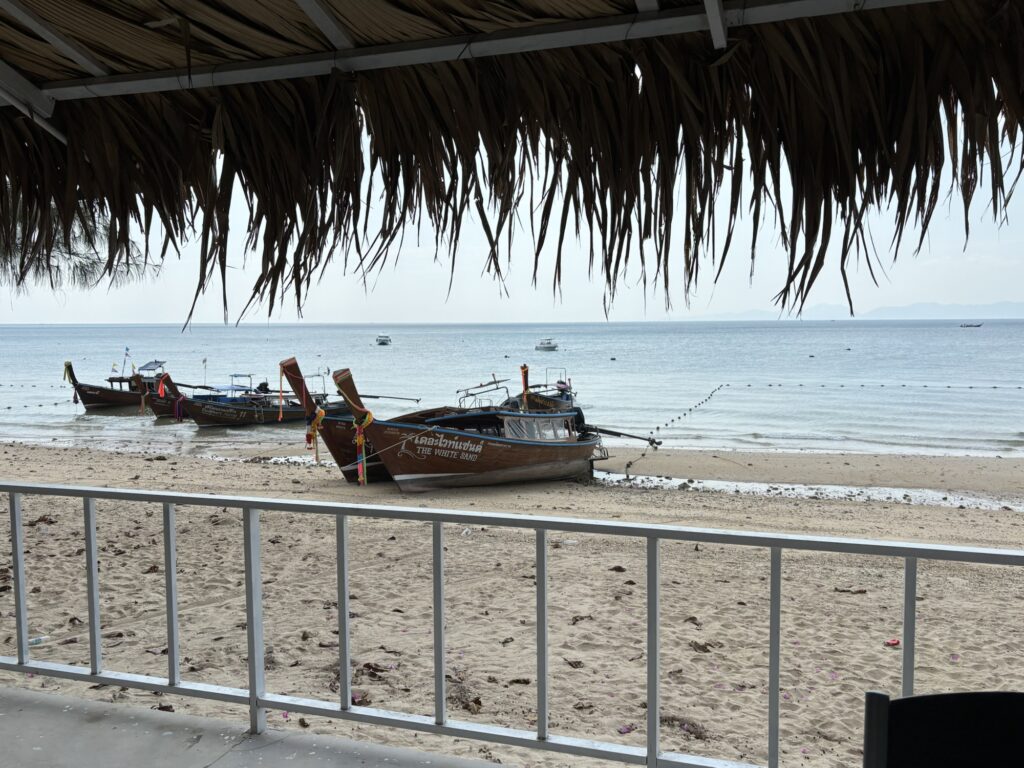
Within moments, I was told I’d been stung by a stingray. I asked if it was poisonous, and a nervous fisherman who helped me said, “Yes.” That was reassuring… not. They got me to lie down and applied a lemon poultice to the wound, a local traditional remedy (which my Doctor was not convinced about). There was a strange numbness spreading up my foot and leg as the toxin moved through my bloodstream, a sensation I can’t quite describe. But the worst part? The pain. It was one of the most excruciating experiences I’ve ever gone through.
Later, I learned that while stingrays are toxic, they are not deadly. Their venom can cause severe pain and other symptoms like breathlessness, high blood pressure, muscle pain, racing heart, or vision difficulties. Still, it is unlikely to be fatal under normal circumstances. I did not know this when I arrived at the doctor 20 minutes after being stung.
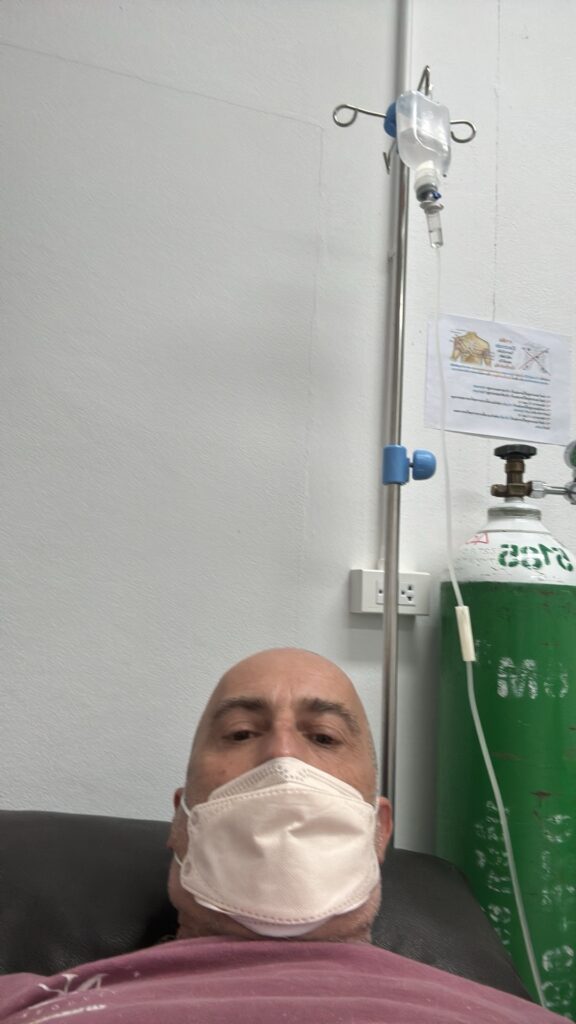
My hotel arranged for their car to drop me at the local clinic.
A welcoming, unflappable doctor immediately saw me.
After an intravenous round of painkillers, anti-inflammatory meds, antibiotics, and a tetanus booster, the doctor carefully removed the barb still lodged deep in my ankle—a fair amount of blood accompanied this.
Then, the hospital ambulance drove me 800 metres back to the beachside wedding venue. There, I changed into fresh clothes and joined the celebrations—almost without missing a beat!
I did get a hero’s welcome into the wedding, though!
Talk about upstaging the bride.
The Medical Bill
The bill came to 14,000 baht (about $USD409). This was on the high side for such treatment in Thailand, but I wasn’t complaining. Thankfully, my insurance fully covered it.
This experience highlighted just how important travel insurance is. If things had got worse, and I’d needed to be transported to the nearest large city hospital or even repatriated to Australia, the cost of an ambulance would have been added on top. I never know what unexpected adventure might come your way, and having coverage can make all the difference. GoFundMe campaigns for tourists who are injured or lost in places like Thailand are far too common and should not exist.
After all that, I was back on my feet, dancing and celebrating with friends, food, and fun. One of the songs played was a favourite anthem for the bride and me: I Will Survive. Thank you, Mr. Stinger Ray—but I’ll survive this one.
Seven Things to Think About When Choosing Travel Insurance
- Don’t Rely on Your Home Country’s Health Coverage
While some countries have reciprocal rights, e.g., Australia and the UK extend universal health coverage to citizens of each country, don’t assume your domestic health insurance will work anywhere else. - Use comparison sites to check out options. NB I do not get any remuneration from any site or insurer:
Australia: Compare Travel Insurance
Canada: Insure My Trip
Ireland: U Compare
New Zealand: Compare Travel Insurance
South Africa: Hippo
United Kingdom: Money Supermarket
USA: Square mouth - Assess your Credit Card’s Travel Insurance
Many credit cards offer travel insurance as a perk, but it’s important to assess the terms and limits of the coverage, eg Terms and Limits. Ensure you understand what’s included and all exclusions that might apply. - Take more than a Glance at the Terms and Conditions
It may not be the most exciting thing to do, but quickly skimming the terms and conditions of your insurance policy can help you avoid nasty surprises. You must check for any exclusions, coverage limits, and special requirements. - Don’t assume the cheapest policy is the best- or the worst
When choosing travel insurance, don’t just opt for the cheapest policy. While it may seem like a great deal, it might lack essential coverage or have restrictions that leave you unprotected. Similarly, don’t assume that more expensive policies always offer the best coverage. It’s essential to balance cost with the extent of coverage. - Look at the reviews before deciding.
Reading what others have experienced can give you insight into how reliable the coverage is, whether it meets your needs, and what the company is like with claims. - Ensure Coverage for All the Countries You’re Visiting
Some insurance policies won’t cover you in specific regions or countries, especially those declared unsafe by your government. For example, many Western governments consider three provinces in the south of Thailand dangerous, and most insurance companies exclude those areas from coverage. Also, “global” travel insurance policies often don’t include the United States. - Medical Evacuation and Repatriation Coverage
If you’re in an accident or seriously ill while abroad, the cost of evacuation or repatriation to your home country can be significant. Ensure your policy covers this, as it can save you from an enormous financial burden in an emergency. - Activity and Adventure Coverage
If you plan adventure activities such as skiing, diving, or trekking, know that not all policies include coverage for these adventure sports, so you may need to add extra protection. - Check for Exclusions Related to Pre-existing Conditions
If you have a pre-existing medical condition, check your insurance policy for exclusions related to that condition. Some insurers offer policies covering pre-existing conditions if disclosed upfront, but verifying this before you travel is important. You would rather not discover when it’s too late that you’re not covered for your condition.
Have you had any travel insurance success or horror stories? Please share.

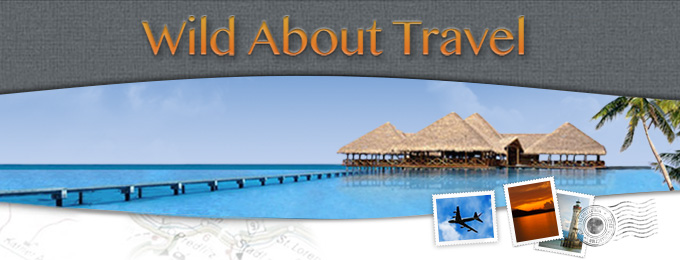
Hi,
Thanks for sharing the blog.
Painful and good you were back o. your feet quickly though surprised as an Aussie you weren’t aware the venom isn’t lethal
I was stung too last October while on vacation in the Florida Keys, pain like I’ve never felt before.
Bummer, glad things turned out well.
Those things happen though when you play in the ocean habitat.
Bummer for that to happen though I wouldn’t really classify this this as an “attack”. the Stingrays don’t go after people the way, say, a shark might. It is totally a self-defense mechanism.